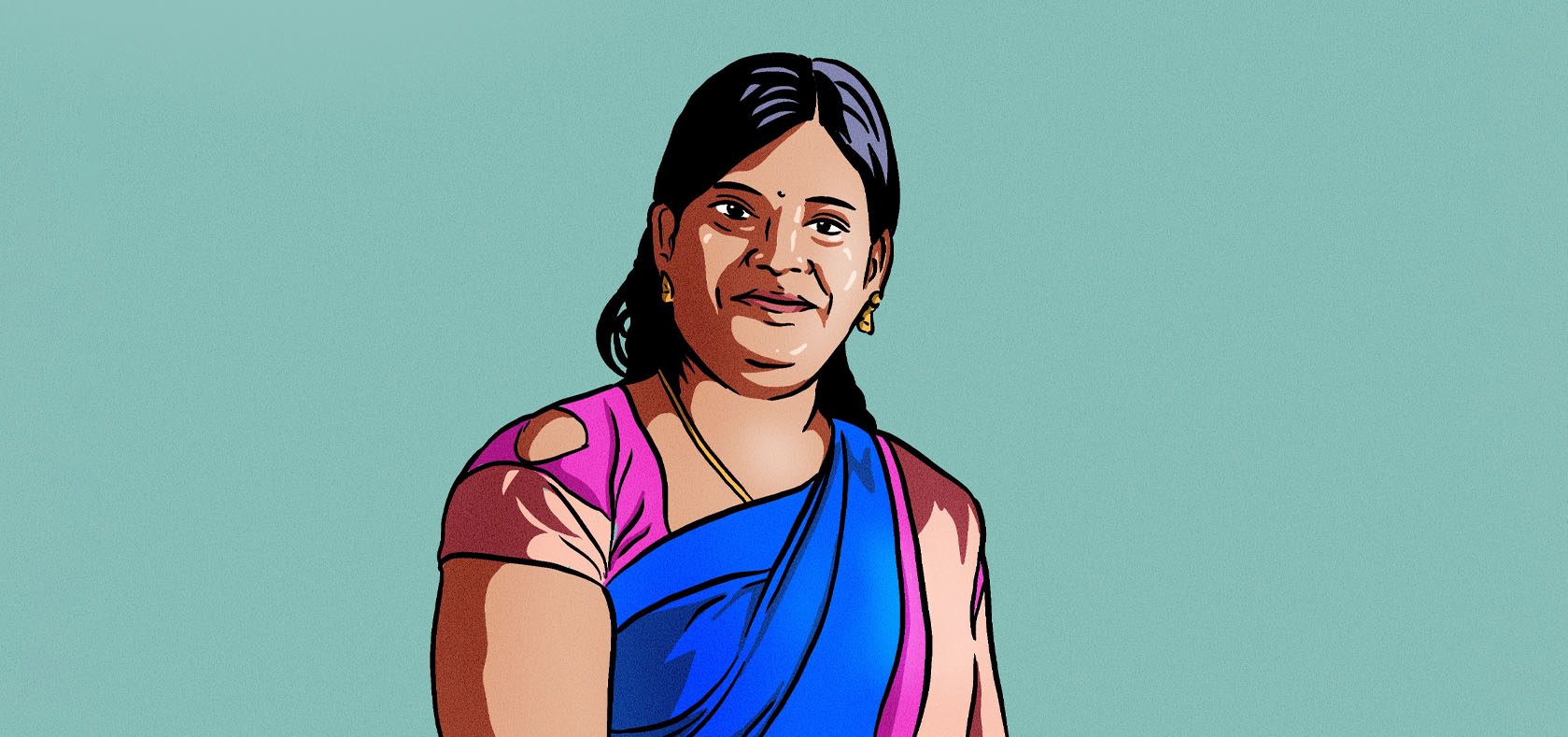In the words of Mayuran Valentina: “When we have someone to listen to [us], we can deal with our problems better”
Date:
Interviewer: Veenadari Lakshika Jayakody
Mayuran Valentina, 38, is a counselling officer at the Divisional Secretariat in Mannar, Sri Lanka. In October 2022, she attended trainings on women, peace and security that UN Women conducted for more than 130 public sector officials in Mannar and three other districts. The training was part of UN Women’s three-year project, Implementation of the Women, Peace and Security Agenda in Sri Lanka, funded by the Government of Japan. As part of the project, UN Women provided technical assistance for the development of the National Action Plan on Women, Peace and Security that Sri Lanka adopted in March this year. The plan supports women affected by conflict and crises, and promotes their equal participation in maintaining peace and security.

“When we have someone to talk to, we can express our pain. When we have someone to listen to [us], we can deal with our problems better. This in turn can help prevent suicide. This is the importance of counselling, and this is what inspired me to follow a career path that contributes to a better world.
Women and girls are faced with a host of challenges that take a toll on their mental health. Two of the biggest issues that we face in Mannar are teenage pregnancies and domestic violence. We try to get women the care they need through safe houses. For young mothers, we make sure that they get counselling and are able to continue their education so that they have the capacity to support their newborn child in the future. We also work with medical officers to support survivors of domestic violence when they are in the hospital.
At the UN Women training, we gained more knowledge about gender equality and how to address inequalities at a national level. In order to take these learnings forward in our own work, there has to be equal representation of women in decision-making spheres. Women’s education matches men in most cases. However, the conventional attitudes in the classroom and workplace prevent us from moving forward as a progressive nation. The new skills and resources we’ve acquired [from the UN Women training] will allow us to provide a far more comprehensive education to women in both rural and urban areas.
I believe that it is vital for women to be included in macro and micro decision-making processes, particularly when it comes to gender-based violence, teenage pregnancies and other issues that they face.
It's important for women to speak for themselves. Unfortunately, many women are reluctant to speak about the problems they face due to fear of retaliation from others, including some men who take advantage of their vulnerability. One effective solution is to empower more women to take on leadership roles. Implementing the National Action Plan on Women, Peace and Security can help ensure such efforts on gender equality are prioritized.”